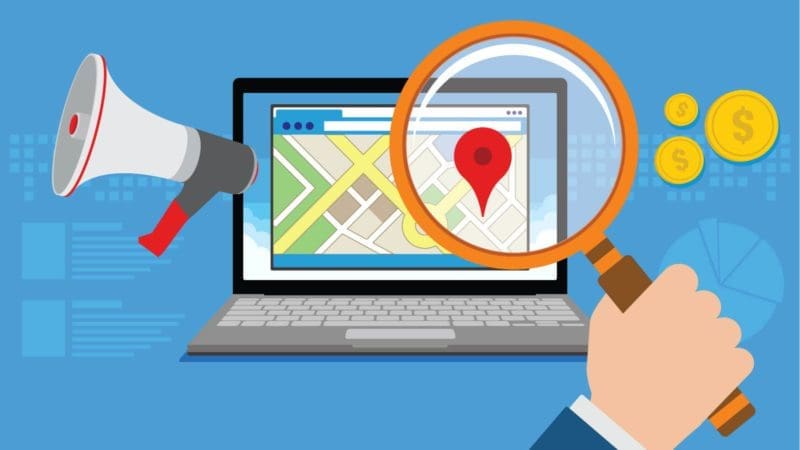
Local SEO is crucial for businesses that operate in multiple locations, as it helps them reach their target audiences in various areas. However, multi-location businesses often face challenges when trying to optimize their local SEO strategy. This article will cover the importance of local SEO for multi-location businesses, the challenges they may face, and offer tips and strategies for maximizing local SEO success.
Local SEO focuses on optimizing a website for location-specific searches, helping businesses gain visibility in their service areas. An essential aspect of local SEO is ensuring NAP (Name, Address, Phone Number) consistency across all locations. This information must be accurate and updated, as it helps search engines and customers find your business.
Optimizing Google My Business (GMB) listings for each location is another crucial aspect of local SEO. Businesses should claim their GMB profiles, fill out all required information and keep them updated. Tips and tricks for improving GMB profiles can be found in our guide on claiming, managing, and improving your Google My Business profile.
Managing online customer reviews is another vital part of local SEO; having positive reviews can help improve your business’s reputation and search rankings.
It’s essential to create unique pages for each business location to help search engines understand your business’s geographical presence. These pages should include location-specific keywords, optimized page titles, meta descriptions, and H1 tags. Creating location-specific content, such as blog posts or special offers, can also help improve local SEO.
Examples of successful location-specific page implementations can be found by analyzing businesses that excel in their local SEO efforts.
Online directories and citations play a significant role in local SEO, as they help search engines understand your business’s location and scope of operations. Business directories also assist customers in finding your business online.
Choose and optimize directory listings for all your locations, ensuring your NAP information is consistent across all directories. Various tools can help manage and track directory listings, such as our multi-location marketing dashboard. Following best practices for avoiding citation errors and inconsistent information is vital for local SEO success.
Accurate location information on Google Maps is essential for businesses, as it helps customers find your business easily. Google Maps reviews also contribute to local SEO, as they improve your business’s reputation and search rankings.
Encourage customers to leave useful, positive reviews for each location, and respond to reviews professionally. Learn from businesses that have successfully leveraged Google Maps and reviews to improve their local SEO.
Data analysis is vital for local SEO success, as it helps businesses understand their performance and find areas for improvement. Keep track of data across all locations, using tools and strategies to analyze and refine local SEO efforts. Examples of businesses that have effectively used data analysis to improve their local SEO can serve as inspiration for your own strategies.
Local SEO for multi-location businesses can be challenging, but with the right strategies and tools, it can lead to increased visibility and success. By understanding the basics of local SEO, creating location-specific pages, leveraging online directories and citations, maximizing Google Maps and reviews, and analyzing data, multi-location businesses can thrive in their local SEO efforts.
What is the difference between local SEO and traditional SEO?
Local SEO focuses on optimizing websites for location-specific searches, while traditional SEO aims to improve search engine rankings for keywords and phrases regardless of location.
Can I manage multiple Google My Business listings from one account?
Yes, you can manage multiple GMB listings from a single account. You can add multiple locations and manage their information through the same dashboard.
Do I need to have a separate website for each location of my business?
No, you don’t need separate websites for each location. Instead, create unique location-specific pages on your main website to optimize your local SEO.
How can I track and manage my online directory citations?
You can use tools like our multi-location marketing dashboard to track and manage your directory citations across multiple locations.
Why do customer reviews matter for local SEO?
Customer reviews impact local SEO because they help build your business’s reputation, and search engines consider them as a ranking factor. Positive reviews can improve your search rankings and visibility.
You must be logged in to post a comment.
